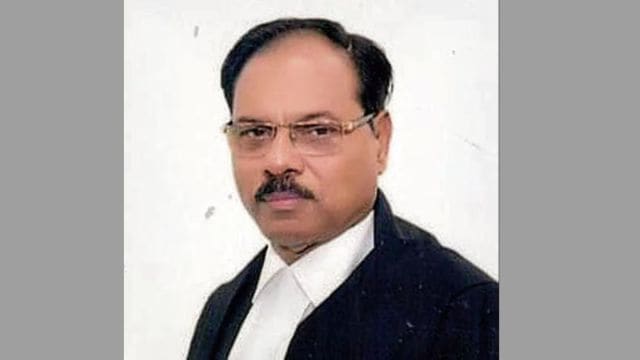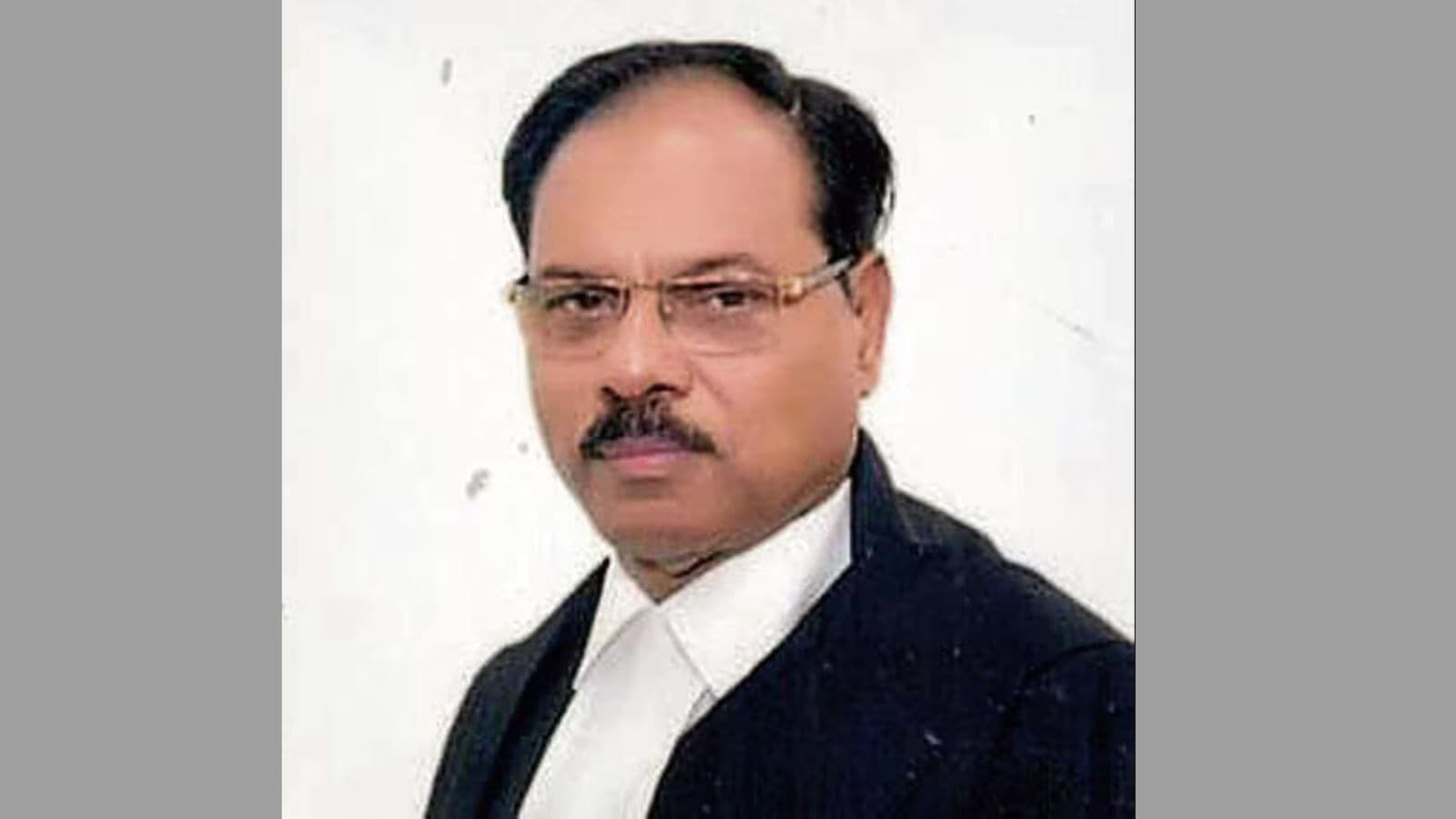

Feb 6, 2025 07:21 IST First published on: Feb 6, 2025 at 07:11 IST
It has been almost two months since Justice Shekhar Kumar Yadav of the Allahabad High Court made highly objectionable, communal and distasteful remarks against Muslims and in a tone and tenor not in keeping with the dignity of his office. He seems to have forgotten that judgeship is not a blank cheque. It comes with responsibility. A healthy judiciary interrogates itself and must realise that hate speech cannot be couched in nationalism.
Justice Hrishikesh Roy, who has recently retired from the Supreme Court, said in an interview (IE, February 1) that whenever such incidents happen, there are few options available with the institution — talking to the individual, holding back work, the in-house inquiry procedure or impeachment. While we await an institutional response in terms of any of the above options, Justice Yadav is holding his ground and refusing to walk his statements back.
Story continues below this ad
On December 8, 2024, speaking at an event in Prayagraj organised by the Vishva Hindu Parishad (VHP) on the “Necessity of Uniform Civil Code”, Justice Yadav reportedly used a slur to refer to Muslims. He also reportedly said: “You have a misconception that if a law (UCC) is brought in, it will be against your Shariyat, your Islam and your Quran,” Justice Yadav said. “But I want to say one more thing… whether it is your personal law, our Hindu law, your Quran or whether it is our Gita, as I said we have addressed the ills (buraaiyan) in our practices… kamiyan thi, durust kar liye hain (the shortcomings have been addressed)… untouchability… sati, jauhar… female foeticide… We have addressed all those issues… Then why are you not doing away with this law… that while your first wife is there…you can have three wives… without her consent… That is not acceptable.”
Following his aforesaid statement, there was an uproar in Parliament that led to 55 Rajya Sabha MPs moving for the initiation of impeachment proceedings against him. His comments raised many an eyebrow in the judicial fraternity as well. On the institutional front, he was reportedly summoned by the Supreme Court collegium and was asked to tender a public apology for his remarks. The Chief Justice of the Allahabad High Court also, at the instance of the Chief Justice of India, sought his comments on the speech. In response, Justice Yadav is reported to have maintained that he had not violated any principle of judicial conduct and that the judiciary, often unable to defend itself publicly, requires support from senior members of the fraternity.
It appears, then, that Justice Yadav is not in the least remorseful over his statement and wants to brazen it out. One would have thought that after all the storm that his remarks had created he would have looked within. On the contrary, he wants the senior members of the judicial fraternity to come to his aid. In light of his stand, it is now up to the Supreme Court to take a call on his reported statement, every word of which was against the core values of the Constitution, founded on the principles of equality, justice, fraternity and secularism.
Story continues below this ad
When he says that this country will function as per the wishes of the majority community, Justice Yadav is turning the Constitution on its head. He is clearly and unequivocally adding his voice to all those who are clamouring to make India a Hindu Rashtra. And, when he talks in terms of “we” and “they”, “our Gita” and “their Quran”, he is clearly othering Muslims. What Justice Yadav reportedly said at the VHP event was not only against the Constitution, it was also in violation of the oath of office that he took before assuming charge as a high court judge: He solemnly affirmed that he would bear true faith and allegiance to the Constitution of India and would perform the duties of his office to the best of his abilities without fear or favour, affection or ill will.
Equality, liberty and fraternity are the pillars of the Constitution — what was allegedly said was advocating the worst sort of tyranny.
most read
For over a decade, we have been witnessing some right-wing politicians and so-called “gurus” giving clarion calls to make India a Hindu Rashtra. Unfortunately, this tendency seems to be spreading in the judiciary too — though, at present, at a minuscule level. Many believe that it was wholly inappropriate for Justice Yadav to have attended an event organised by VHP, which bears the tag of a Hindu organisation advocating a Hindu Rashtra. A judge is bound by his oath of office. He swears in the name of the Constitution of India and when he does so, thereafter, as a judge, ceases to be a Hindu or Muslim or of any caste or creed. The Constitution of India becomes his religion, his faith. He must remember what Baron de Montesquieu said: “There is no tyranny crueller than that which is perpetuated under the shield of law and in the name of justice.”
Justice Yadav’s defiance and his refusal to step back is tantamount to throwing a challenge to the Supreme Court collegium. It is up to the Supreme Court to respond.
The writer is a former judge of the Delhi High Court


